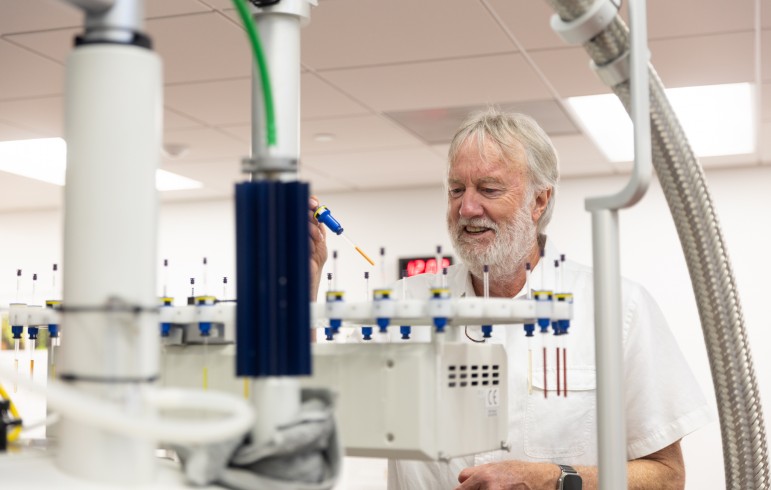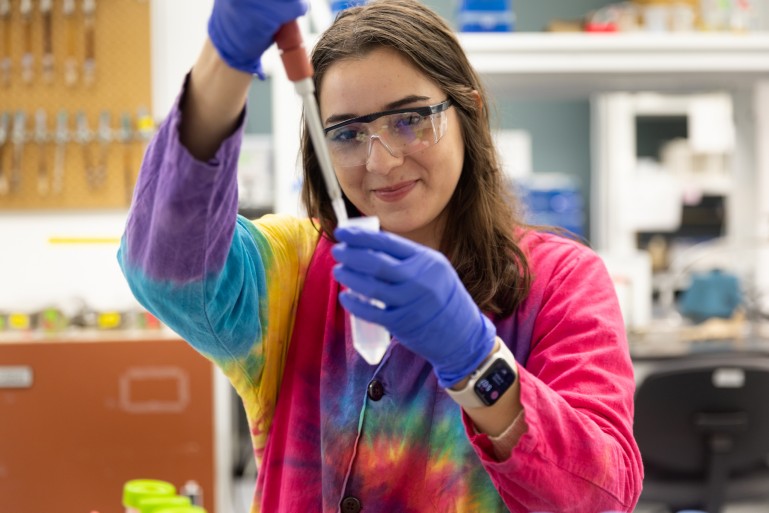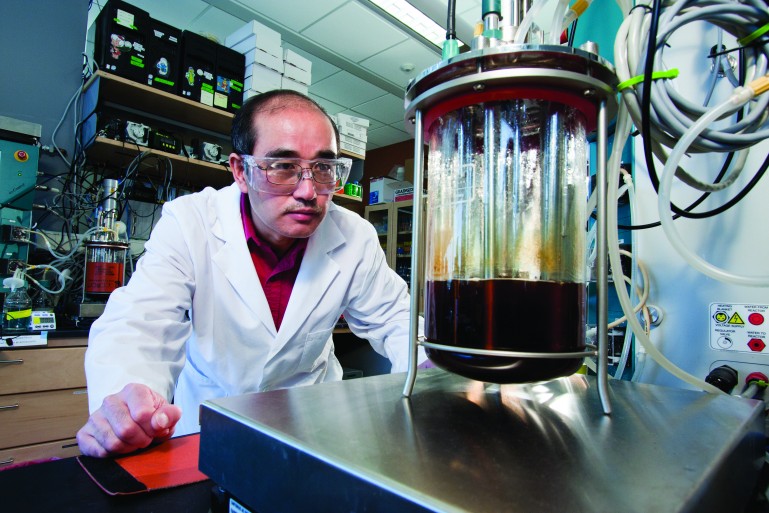An analysis of the environmental impacts of producing corn ethanol reveals that carbon emissions from using land to grow corn can offset or even negate the potential climate advantages of corn ethanol relative to gasoline. The results add urgency to the work at GLBRC and other bioenergy research centers to develop next-generation biofuels from perennial, non-food crops, grown on land less suited for conventional agriculture.
Media coverage in January highlighted our Energy Expert's comments on the youth climate movement, WEI researchers in outreach, and the latest in sustainable dairy farming.
This week we spoke with Amy Enright, a graduate student in Jason Peters' lab at the University of Wisconsin–Madison, to talk about why she came to UW-Madison, her research on the microbe Zymomonas mobilis, and her advice for interested graduate students.
Thirteen University of Wisconsin–Madison scholars have been elected fellows of the American Association for the Advancement of Science.
The University of Wisconsin–Madison, together with more than 15 partners across the region, will launch the Midwest Climate Collaborative at a virtual gathering on Jan. 28.
The University of Wisconsin–Madison ranked 4th for total research expenditures financed by the U.S. Department of Energy (DOE) among public and private universities in the 2020 fiscal year, according to data released Monday by the National Science Foundation (NSF).
Julia Martien’s philosophy in life is to have fun while trying to make the world a better place. That includes the work she did for her graduate study as part of the Great Lakes Bioenergy Research Center.



